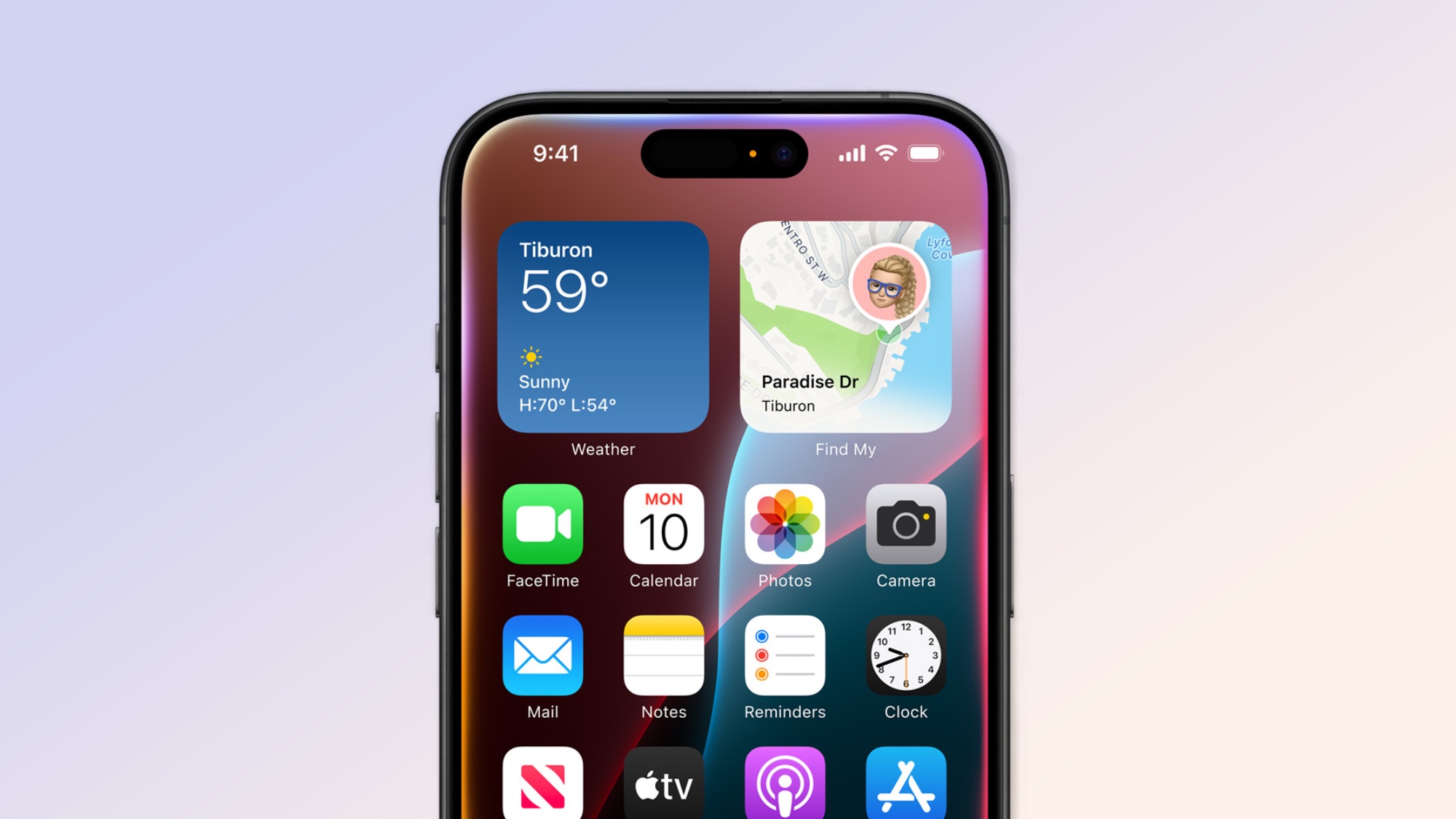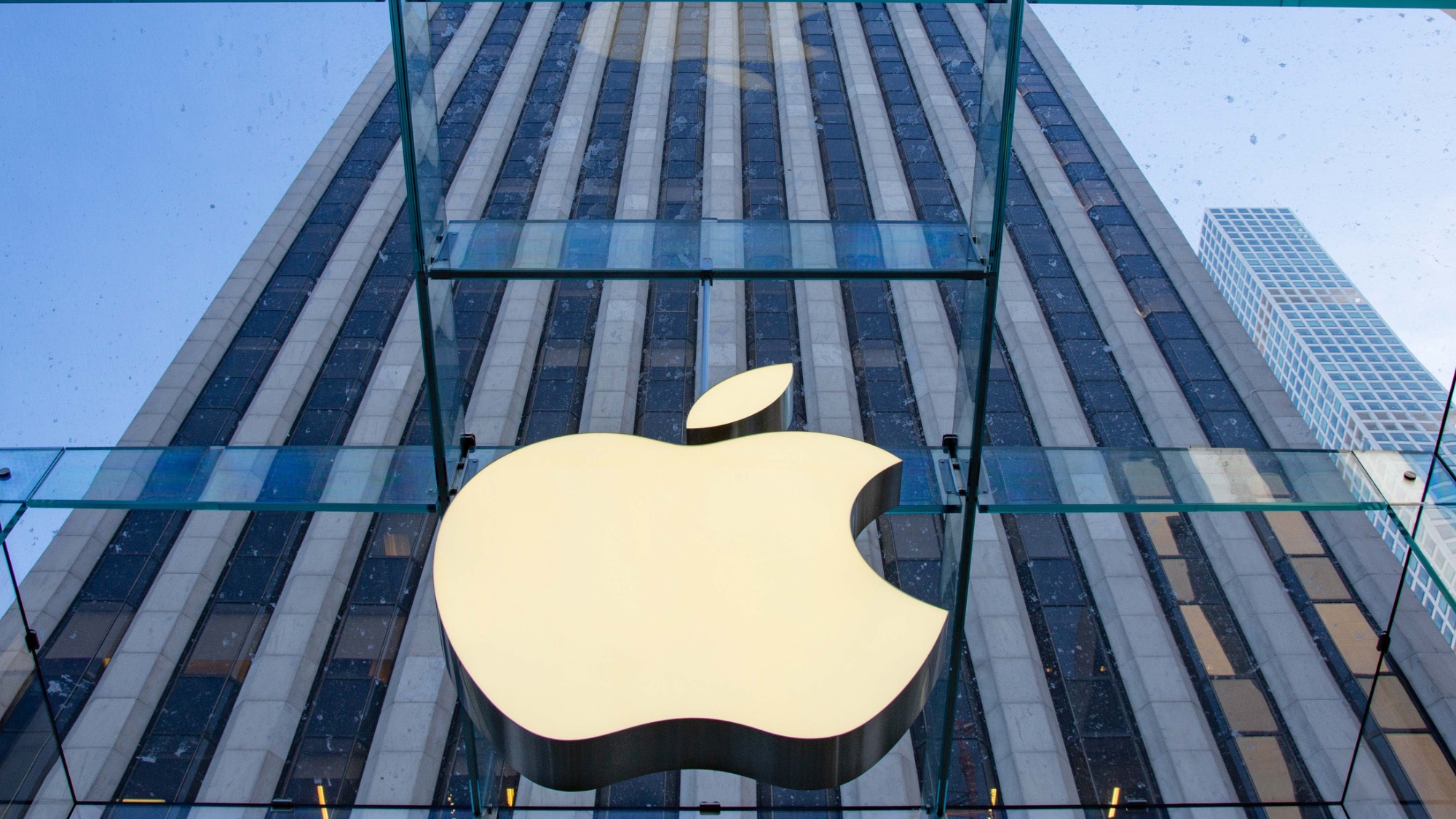Apple responds to Siri lawsuit — here’s how it claims to protect your data
There are protections in place for your data when using Siri

Apple's recent dedication to user privacy came under fire in a legal case regarding claims that the Siri Virtual Assitant was violating user privacy by recording conversations.
An Apple spokesperson told Tom's Guide that Siri had never been used to build marketing profiles or sell information. The spokesperson stated that "Apple settled this case to avoid additional litigation so we can move forward from concerns about third-party grading that we already addressed in 2019."
Since then, Apple has released a detailed press release regarding how Siri protects user data. This includes reiterating that Apple has never "used Siri data to build marketing profiles, never made it available for advertising, and never sold it to anyone for any purpose." Apple then details the focus on Siri using on-device processing where possible to help protect data. According to Apple, this focus allows for "personalized experiences without having to transfer and analyze personal information on Apple servers."

While Apple aims to have Siri work on the device as much as possible, some tasks require connection to Apple servers. In this case, Apple states that "Siri uses as little data as possible to deliver an accurate result. Siri searches and requests are not associated with your Apple Account." Instead, a random identifier comprised of a long string of letters and numbers associated with the device is used to track the request.
The report also reiterates that "Apple does not retain audio recordings of Siri interactions unless users explicitly opt-in to help improve Siri, and even then, the recordings are used solely for that purpose. Users can easily opt-out at any time."
Finally, there are some details regarding breakthrough privacy protections with Private Cloud Compute" users. According to the report, this system is designed for Apple Intelligence requests that require access to larger models and "extends the privacy and security of iPhone into the cloud to unlock even more intelligence. When Siri uses Private Cloud Compute, a user's data is not stored or made accessible to Apple, and Private Cloud Compute only uses their data to fulfill the request."
Apple's statement helps push the company's dedication to privacy; more information can be found at apple.com/privacy. Hopefully, Apple can maintain these measures as AI becomes more complex, but the company is clearly taking the proper steps.
Sign up to get the BEST of Tom's Guide direct to your inbox.
Get instant access to breaking news, the hottest reviews, great deals and helpful tips.
More from Tom's Guide

Josh is a staff writer for Tom's Guide and is based in the UK. He has worked for several publications but now works primarily on mobile phones. Outside of phones, he has a passion for video games, novels, and Warhammer.
